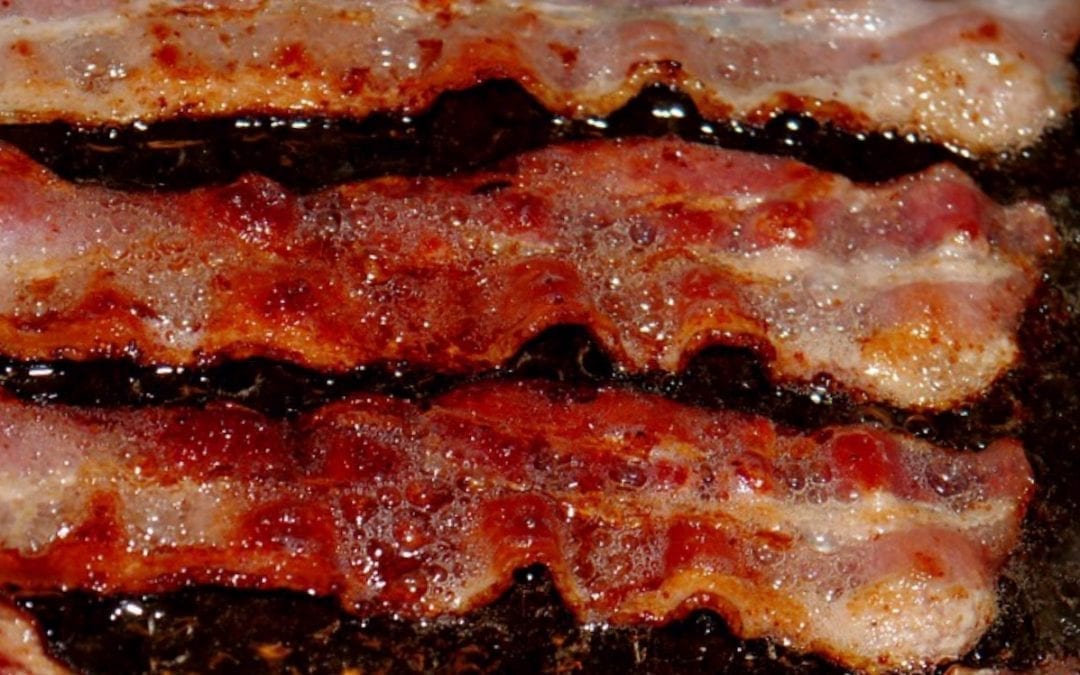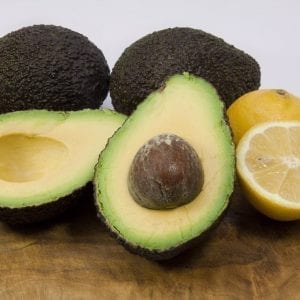There’s a new flavor of the week in Diet-ville and if you haven’t heard of it yet, you will. The Ketogenic diet is essentially a high fat, low carb diet. It’s been used in the treatment of health disorders such as Epilepsy and Parkinson’s disease, but now fitness buffs, celebrities, and just those hoping to lose weight fast have jumped on board.
There are different versions and methods to the diet, but overall, it’s very high fat, very low carb, and moderate protein. Think, eat all the avocados, cheese, and bacon you want, but limit sweet potatoes, fruit, and bread. When you eat a diet high in fat, and low in carbs, your body goes in to ketosis. Ketosis is when the body uses fat for its energy source instead of its usual fuel, carbohydrates. This ultimately results in weight loss and typically it’s a quick process. Along with cutting the carbs and upping the fat, intermittent fasting or time restricted eating is promoted as well.
Intermittent fasting is not eating for a certain period of time and time-restricted eating is when you choose a time frame during the day and do not eat during those hours. Medical News Today reports that fasting can lead to improved cholesterol levels, possibly boost the immune system, and aid in brain function. Fasting also speeds up the ketosis process, which is why it’s popular within the Ketogenic diet. Keep in mind, fasting can also have negative effects and needs to be researched by each individual before proceeding.
Along with fasting, starting the Ketogenic diet requires guidance and research as well. Dr. Josh Axe, a certified doctor of natural medicine and a clinical nutritionist, who promotes the Ketogenic diet, says it should not be used for more than three months. He says, “Our ancestors — they weren’t purely ketogenic, and we shouldn’t be either. To be completely healthy and to fuel certain systems, going into ketosis can be healthy, but we do need carbohydrates in order for our systems to function” (1). Unfortunately, many who start the diet see results fast and either want to continue until they reach their goals, or else fear stopping for gaining the weight back.
Just like with all diets, those on the Keto diet may be doing their own thing. A Dietitian on Instagram proudly boasts her Ketogenic diet status by sharing her meals with her followers: avocados, bacon, and eggs compose most of her daily meals. She allows artificial sweeteners in the form of protein bars and Jell-O in her days. And then there are others who add more variety to their day and just stick to natural sweeteners such as Stevia.
In general, the majority of Keto dieters are eating lots of meat and dairy products, as they are both high in fat. But are high amounts of animal fat healthy over long periods of time? Studies in Europe showed that vegetarians were 40 percent less likely to develop cancer compared to meat eaters and “Harvard researchers… determined that intake of animal fat, especially from red meat and high-fat dairy products, during premenopausal years is associated with an increased risk of breast cancer” (2). The Keto diet is possible following a vegan or vegetarian lifestyle, but achieving Ketosis is much more challenging and fatty food options are obviously more limited.
As a Dietitian who promotes balance, it is hard for me to condone the Ketogenic diet. I see the possible benefits of going Keto temporarily and think more research needs to be done, but as mothers who need energy around the clock, your body is meant to rely on carbohydrates for fuel and you can live a healthy, happy life by choosing the good ones.




Recent Comments